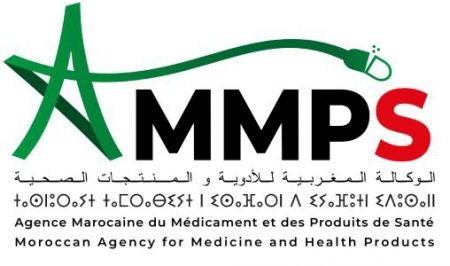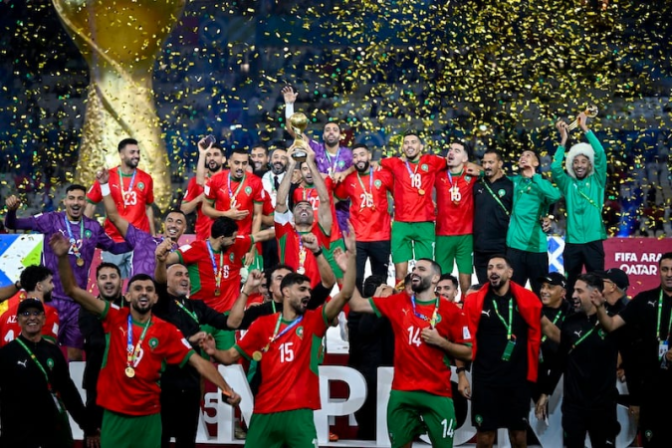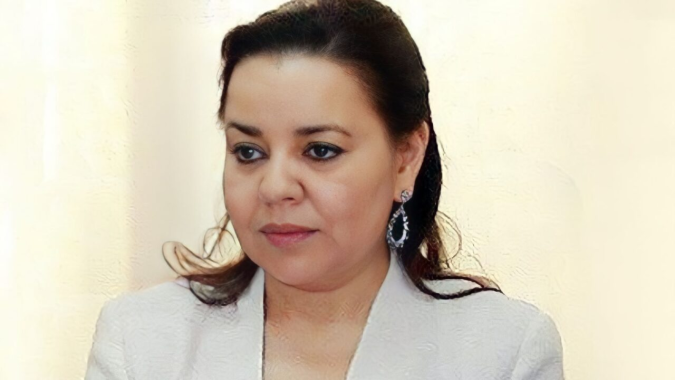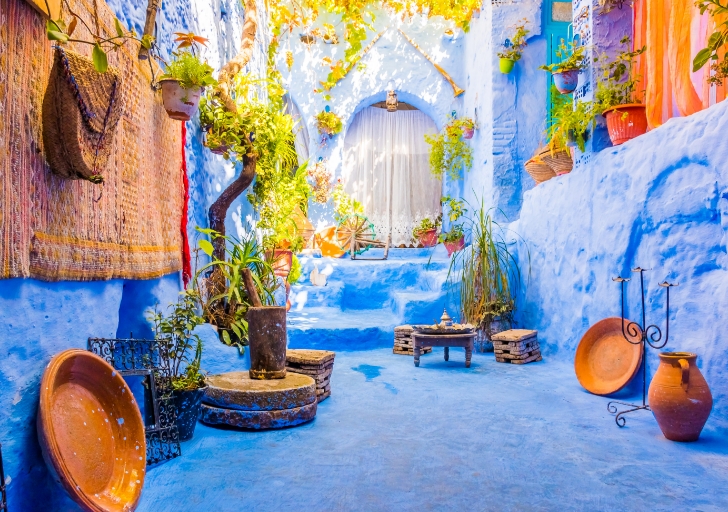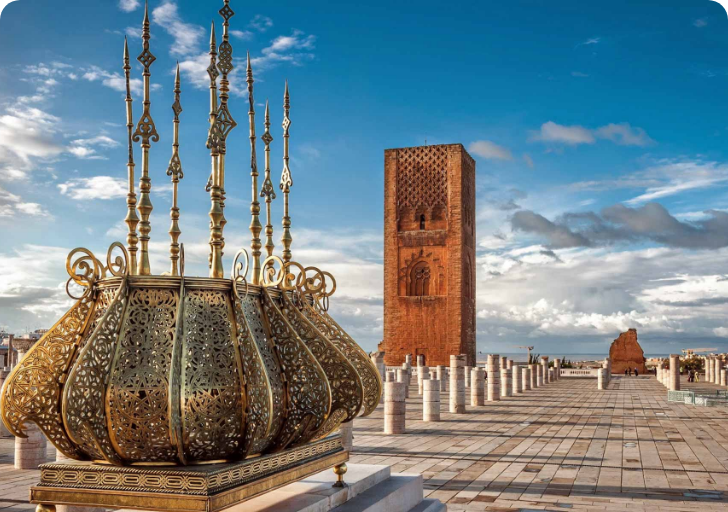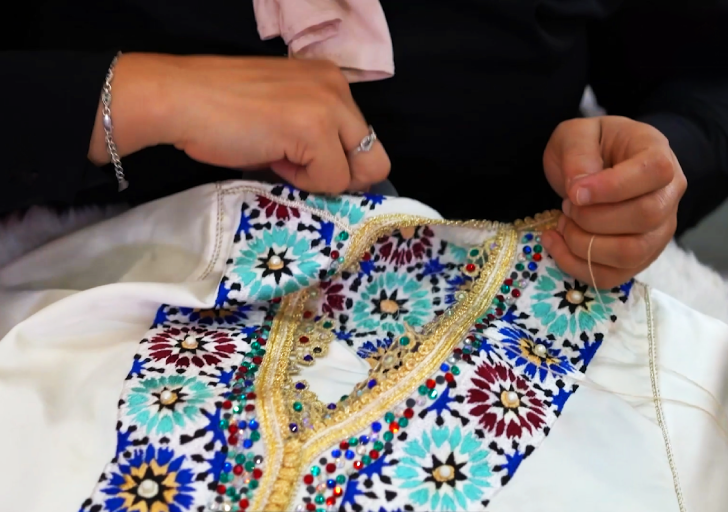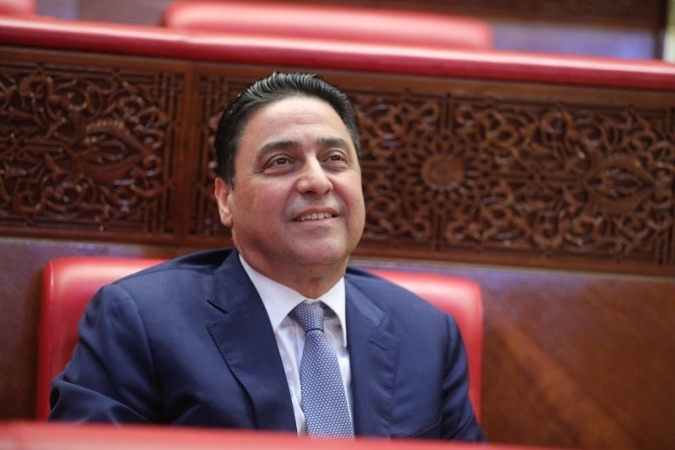
Morocco's secretary of State to the Minister of Industry and Trade in charge of Foreign Trade, Omar Hejira, took part Monday in the 17th session of the Council of Ministers of Trade of the African Continental Free Trade Area (AfCFTA) in Cairo.
During the visit, the Secretary of State held bilateral meetings with several senior African officials to discuss ways to boost trade between countries, in line with the High Royal Guidelines aimed at strengthening South-South cooperation and expanding access for Moroccan exports to African markets.
In this context, Hejira met with Egypt’s Minister of Investment and Foreign Trade, Hassan El-Khatib to review the state of trade between Morocco and Egypt. Both officials emphasized the need to continue efforts to facilitate Moroccan exports’ access to the Egyptian market and to work together to create a better balance in the trade relationship between the two countries.
The Secretary of State also held discussions with Secretary-General of the AfCFTA Secretariat Wamkele Mene, focusing on preparations for the second forum of AfCFTA countries, which will be held in Marrakech on December 11–12 under the High Patronage of His Majesty King Mohammed VI.
The meeting highlighted Morocco’s role in supporting African integration and South-South cooperation, particularly in the trade sector.
As part of efforts to strengthen economic relations between Morocco and other African countries, Hejira held several bilateral meetings with a number of African ministers and officials, including Nathalie Edmond, Principal Secretary for Trade of the Republic of Seychelles; Humberto Narcisse, Vice Minister of Foreign Affairs, Regional Integration, and International Trade of Mauritius; and Julien Paluku Kahongya, Minister of External Trade of the Democratic Republic of Congo.
The official also met with Haitham El Maayergi, Executive Vice President of the Global Trade Bank (GTBA) of Afreximbank, to discuss financing mechanisms that would allow African countries to pay for imports from Moroccan suppliers.
They also explored ways to protect Moroccan exports against the risk of non-payment, aiming to boost the confidence of economic actors and increase access for Moroccan products across African markets.
These meetings reflect the strong momentum of Moroccan economic diplomacy, under the enlightened leadership of His Majesty King Mohammed VI, and the Kingdom’s ongoing efforts to strengthen African integration through the establishment of institutional and financial mechanisms promoting free trade and co-development.
MAP: 16 September 2025
